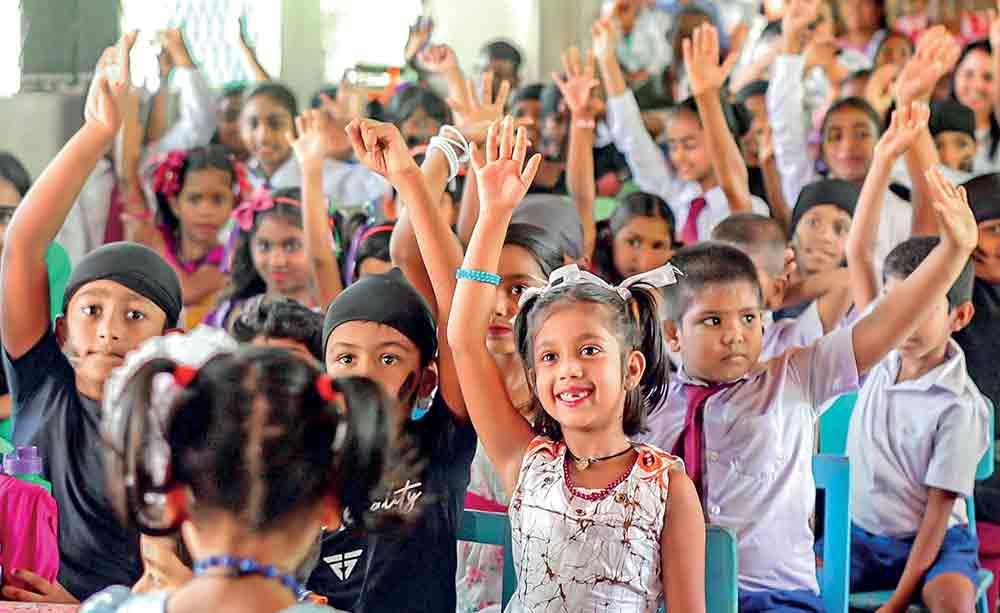
It began with nothing more than just a thought. A thought that floated across a quiet afternoon like a moth drawn to an open window, soft and unassuming but persistent. We did not have a grand plan, any committees, or sponsors. It was simply a conversation between a few of us who said, we should do something for the children. At first, it felt like an idea that might dissolve under the weight of busy days and endless to-do lists. Yet ideas that come from love rarely stay small.
They grow roots quietly, wrapping themselves around our routines and pulling us closer to something meaningful. And so, Boomer, as we like to call our adventures with our senior colleague at work, Chamara, began to take shape. What started as a tiny act of kindness began to gather people, one by one. I might have ranted too.
At work, we were already planning an outreach project, so we decided to merge the two efforts. The goal was simple: reach out to a school that truly needed support and do something real, even if small. Through a colleague’s help, we found a school called Godagama Primary School in Aththanagalla. When we called the principal, he did not sound surprised, as if he had long understood that help sometimes arrives quietly, without banners or speeches. We asked what the children needed most. We had a very tight budget, pooling money from friends, family, colleagues, and a few generous restaurant partners who wanted to contribute. The principal paused for a moment before answering, and then came a list that felt both ordinary and endless. He spoke of things so simple, so every day, that we rarely even notice them around us.
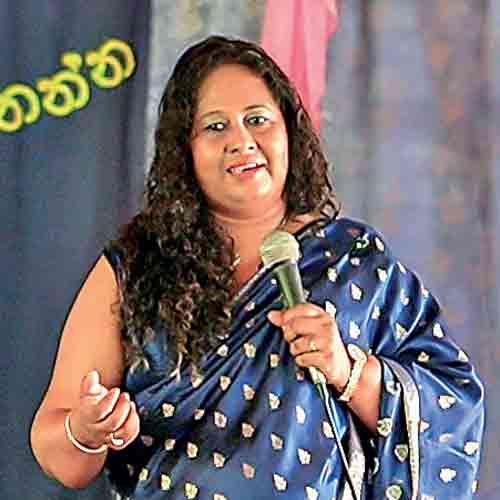 |
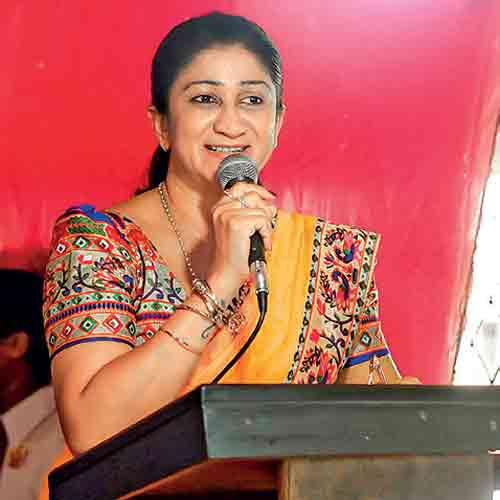 |
| Dr. Sulochana Segera | Dr. Sankhapaani Karunasekara |
For a moment, we panicked. Everything we had already bought seemed too little. Chamara, Yashmitha, and I went to Pettah, to People’s Park, and shopped for more. As for Chamara, we could get good deals. We bought water bottles funded by a friend, along with stationery and books we pooled money together for. Yashmitha bought the cutest pencil pouches she could find. It was tiring, not so much physically as emotionally. We wanted to do more, but we were running out of funds. Umbrellas were donated by another friend, and geometry boxes, yogurt cups, and toys followed. That night, I could not stop thinking about it all, how much we take for granted, how many invisible battles are fought every morning in schools like that, how children walk miles to class, sometimes without proper food intake, yet still smile wide enough to break your heart.
We needed it to be an event, not just donations. We spoke to Dr. Sulochana Segera, who has always been very eager for initiatives like this and has supported efforts that encourage the new generation to do better. Personally, I have been inspired by her work. Then came Dr. Sankhapaani Karunasekera, a past pupil who studied here until primary school, earned a scholarship, and became a physician. She was a living witness to dreaming big for these children.
The morning, we set off, the sky was still half asleep. The roads were long and quiet, mist curling over the trees like breath. The van arrived to pick me up with Pathum and the team, along with Chamara, who claimed the front seat as always. The streets were waking slowly. Pathum, who had promised he was five minutes away two hours earlier, had finally arrived, grinning sheepishly. The van was full of boxes packed with supplies, toys, food, and something much more delicate, our hopes. Chamara turned around and saw me deep in thought. “Don’t overthink it,” he said.
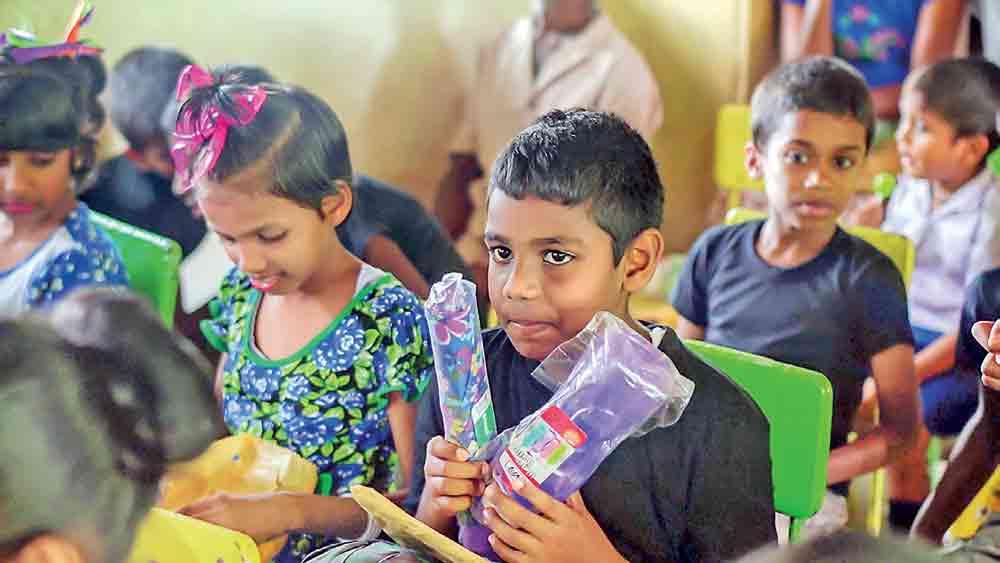
“Our something can mean everything to them.” I smiled, though part of me still wrestled with the instinct to perfect everything, to make it right. But kindness does not need to be perfect. It just needs to show up. He was right, though I rarely admit it.
By the time we reached the school, the world had brightened into gold. Children in white uniforms ran barefoot across the sandy yard, waving, shouting, and laughing. Some were better dressed, others wore hand-me-downs, but all shared the same light in their eyes. They had decorated the entrance with paper flowers and hand-painted banners. There was a stage made from wooden planks and cloth, ribbons hanging unevenly but proudly. It struck me like sunlight that they had not been waiting for gifts or visitors, but for presence, for someone to see them.
We were barely inside before the smell of food surrounded us. The teachers had prepared a meal, not from donations, but from what they had grown in the school garden. There was cassava with sambol, crispy cutlets, and sweet coconut milk rice. It was more than a meal; it was a welcome written in spice and care. I remember sitting beside one of the teachers who said, almost apologetically, “We don’t have much, but this is from our hearts.” I thought then that maybe this is what generosity truly means, to offer what you have, even when it is not plenty.
Dr. Sulochana Segera began her session soon after, speaking to the parents about love, patience, and the small things that shape children’s futures: reading to them, listening when they speak, protecting their curiosity. “We raise futures in our laps,” she said. “If we are not gentle with them, the world will not be either.” Then came Dr. Sankhapaani Karunasekera, once a student of that very school, now a practicing doctor. She stood before the children and said softly, “I once sat where you are sitting.” The silence that followed was heavy and full of hope.
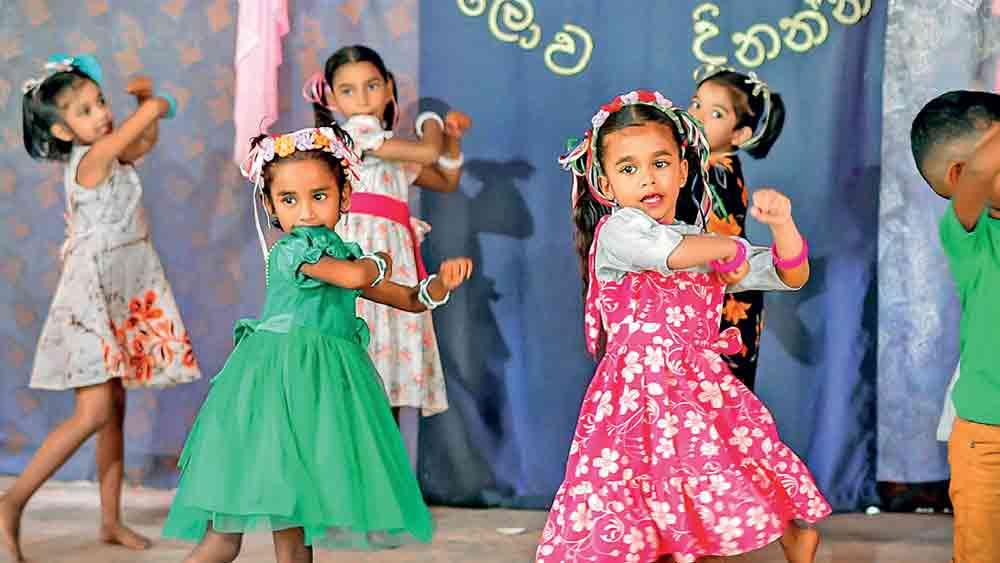
Soon after, breakfast by Tasty Caterers was served. The children had prepared performances for days, dances, songs, poems. Their faces glowed with excitement. They wore handmade costumes stitched by parents, teachers, and perhaps older siblings. Every move was practiced, every smile deliberate, and their joy was contagious. It filled every corner of the small playground. During the drawing session, we handed out sheets and crayons. Their focus was intense, tiny brows furrowed and tongues peeking out as they sketched dreams onto paper. Third-grader Tishini wanted to be a teacher, as did Thuruli and Aranya. When I asked why, one of them replied proudly, “Because teachers know everything.” Grade 1’s Senidu wanted to join the navy, while Maheesha and Sadew drew buses and said they wanted to be drivers someday. Their dreams were simple and shaped by what they saw every day, yet there was a purity to them that adults often forget.
For a moment, I wondered if we ever tell children they can be something else, that they can build, write, heal, or discover. But perhaps they do not need to dream differently right away. Perhaps our role is only to open windows, not to push them through doors. Our newest teammate, Vishwa, a sound engineering student, brought along his guitar. When he began to sing, the entire school came alive. The children clapped, stomped, and danced in circles, forgetting the wrapped gifts piled neatly nearby. They forgot everything except joy, and maybe that was the point. We spend so much time chasing grand notions of impact, thinking it must be big, visible, or measurable. Yet sometimes the greatest impact is a child’s face lighting up because of a song.
Lunch came from our food partners, Tilapiya Colombo and Mongolian Street, and soon the air was thick with laughter and chatter. The principal, humble and kind, told us something that stayed with me. “I told the children only that visitors were coming,” he said. “They spent two days decorating this place. They wanted you to see it at its best.” That touched something deep within me. It was not about what they were getting but what they could give back: pride, gratitude, belonging. Perhaps that is what dignity truly looks like, the quiet desire to contribute, to offer beauty even when one has little.
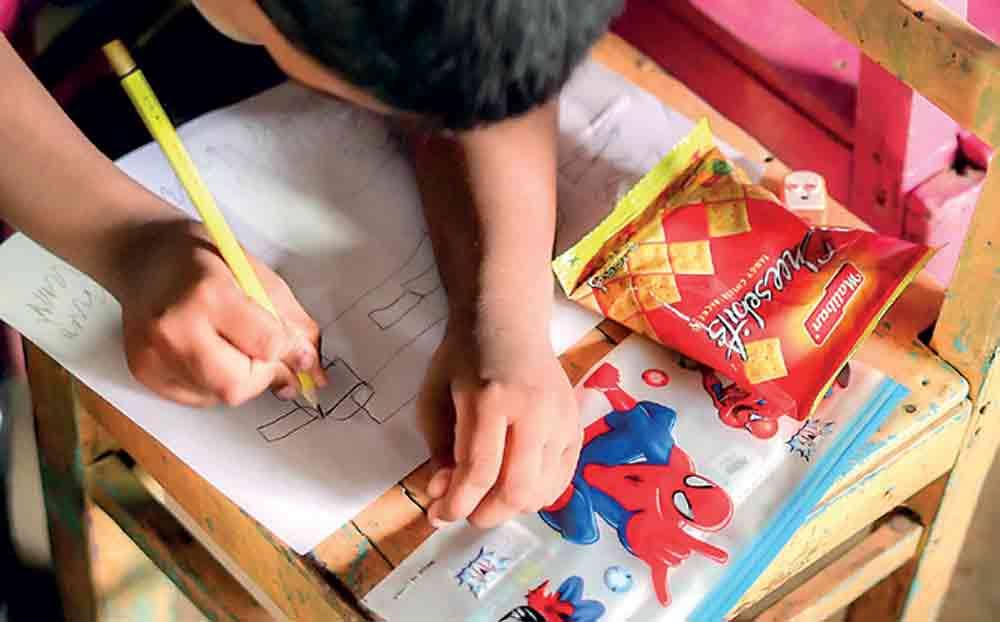
As the day drew to a close, the children gathered around us, unwilling to say goodbye. They hugged us and laughed and held on a little longer than expected. Some of us turned away, pretending to pack, but really, we were blinking back tears. On the drive back, the van was quiet. Chamara had fallen asleep in the front seat. The boxes were lighter now, but our hearts were heavier. I kept wondering whether we really protect our future the way we should. Are we the shell that guards the pearl, or the tide that forgets it is carrying one? We often say, they will be fine, we had it harder, but hardship should never be the inheritance we pass down.
I have been lucky to work in spaces, organizations, and families that believe in protecting what is precious, not the material kind, but the green and the child, the world we live in and the world that is coming next. This visit was not meant for Children’s Day, though it happened during that season. It was meant to remind us that compassion does not need a national holiday. October may celebrate children, but every day is a test of whether we remember what that celebration truly means. In the quiet that followed, I thought of the little girls and boys who had held my hand that morning, their hair tied with mismatched ribbons, their eyes wide with wonder.
I thought of the teachers who stayed behind to clean up, and of Antonio, the site supervisor, watching everything unfold with quiet awe, clearly enjoying a Tilapiya fried rice himself. It made me realize that maybe we went there thinking we were the ones giving, but we came back knowing we had received something far greater. Kindness, once shared, never ends where it lands. It echoes. And in those echoes, you find the reminder that keeps us human: that small acts done with great love will always be enough to light up a world that sometimes forgets how to see.
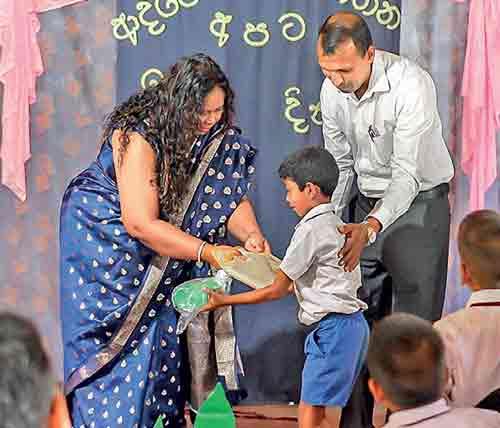
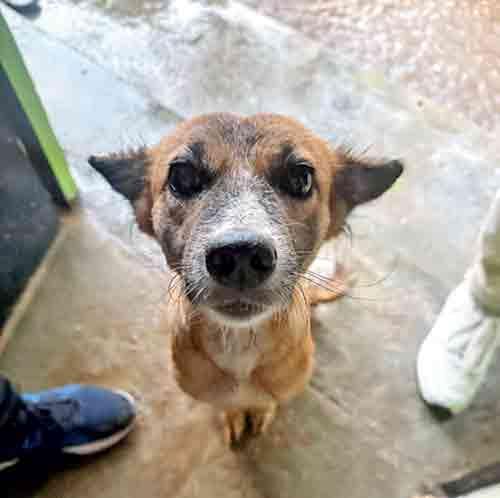
Antonio











